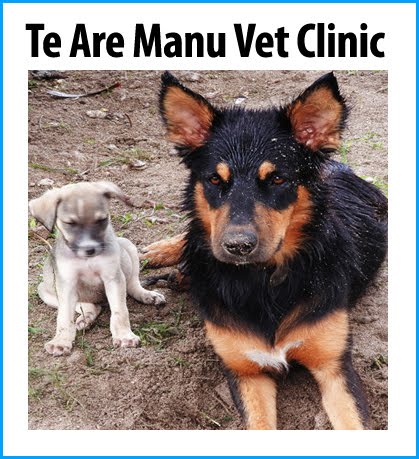Sunday, June 12
Rarotonga Environment Week – Lagoon Day
Lagoon Day (actually two days) began in 2008. It was called Takitumu Lagoon Day back then and was funded by CIMRIS (Cook Islands Marine Institutional Strengthening project) and NZAid.
But this year it was a totally local affair organised by individuals, groups and local businesses. It was a huge success, even the weather cooperated. Schoolchildren were bussed from all around the island to the Ngatangiia sports field where they were given a questionnaire and moved around the exhibits to fill in answers.
Demonstrations included septic tank systems, climate change, foreshore protection, composting and waterless toilets, pig waste management and problems caused by chemicals – not just agricultural sprays but things like washing powders and cleansers used in the home.
The tourism corporation took part for the first time to emphasise that tourism operators don’t have to be bad for the environment. In fact when the kids completed their questionnaires and handed them in at the tourism booth they each received a green (literally) reusable shopping bag and a wristband. The band was plastic unfortunately so let’s hope they don’t end up in landfill, but the idea was a winner; all the kids were really keen to answer the questions and the finished papers were later judged with the best answers winning prizes.
Among the highlights of the day were a glass-bottom lagoon tour courtesy of Captain Tama, and a visit to the Aroko salt marsh, Rarotonga’s rarest native habitat, a short walk away from the sports field.
Staff from Marine Resources and the Environment Service told the kids why wetlands are so important and how little of them remain.
The marsh grass filters debris coming from the land, preventing mud from entering the lagoon and killing coral; the fiddler crab (ko’iti raukura) eats micro-organisms in the mud also helping to protect the lagoon; the area serves as a breeding ground for fish and a feeding ground for birds like the heron and tattler.
As one of the students wrote, “I have learned so much about wetlands and the importance of them, thank you!”





